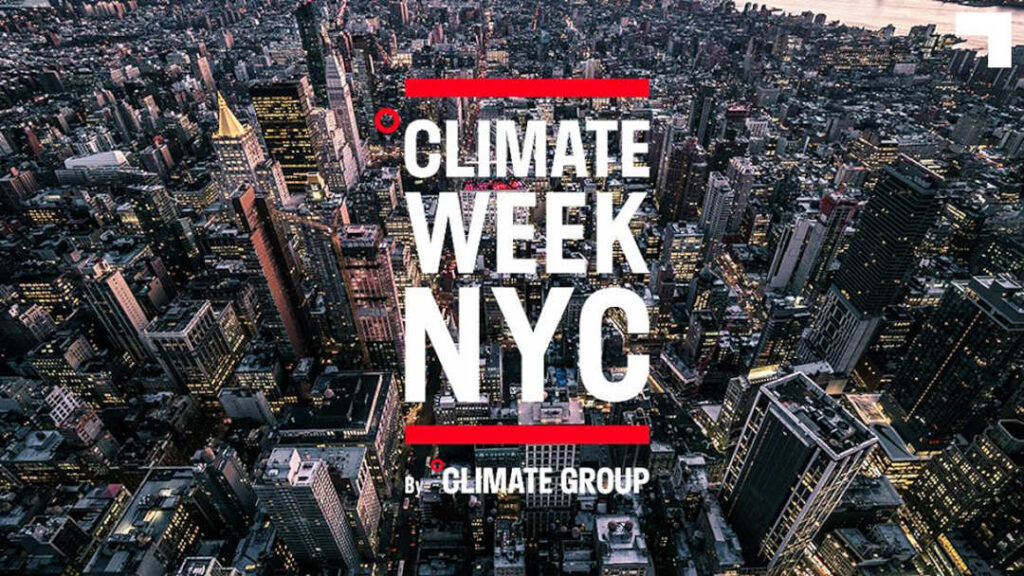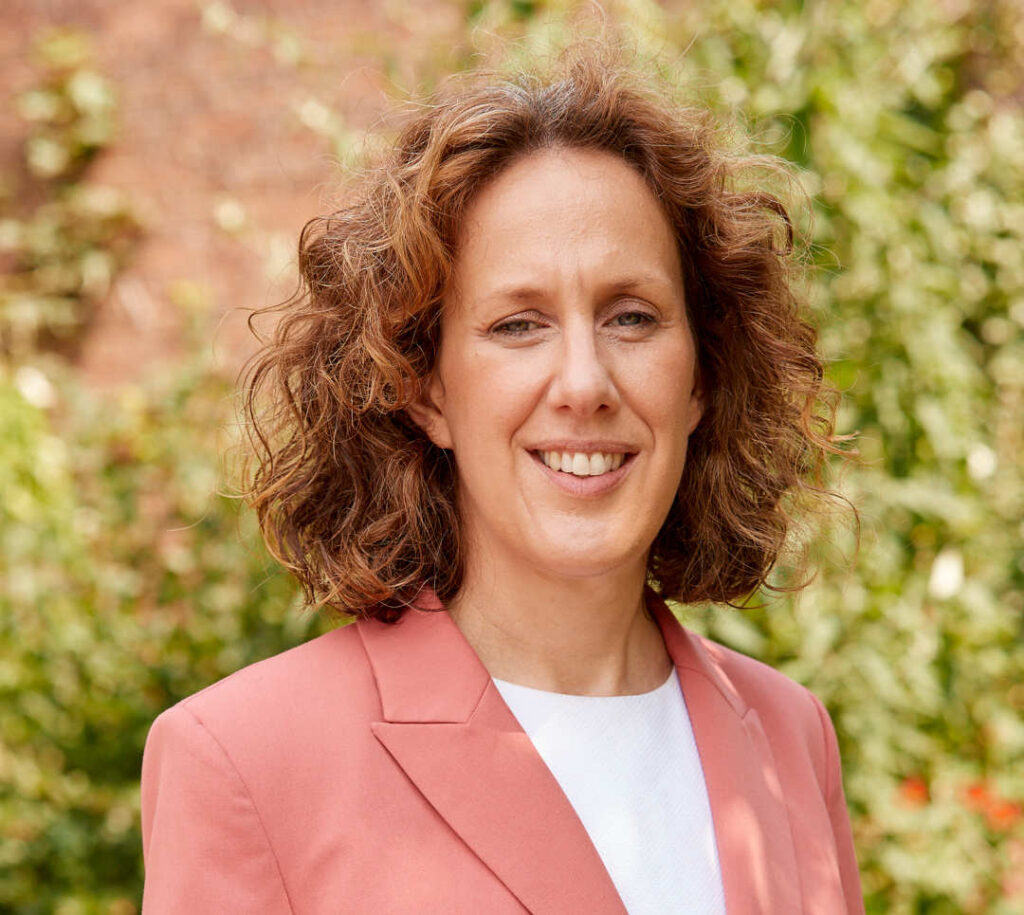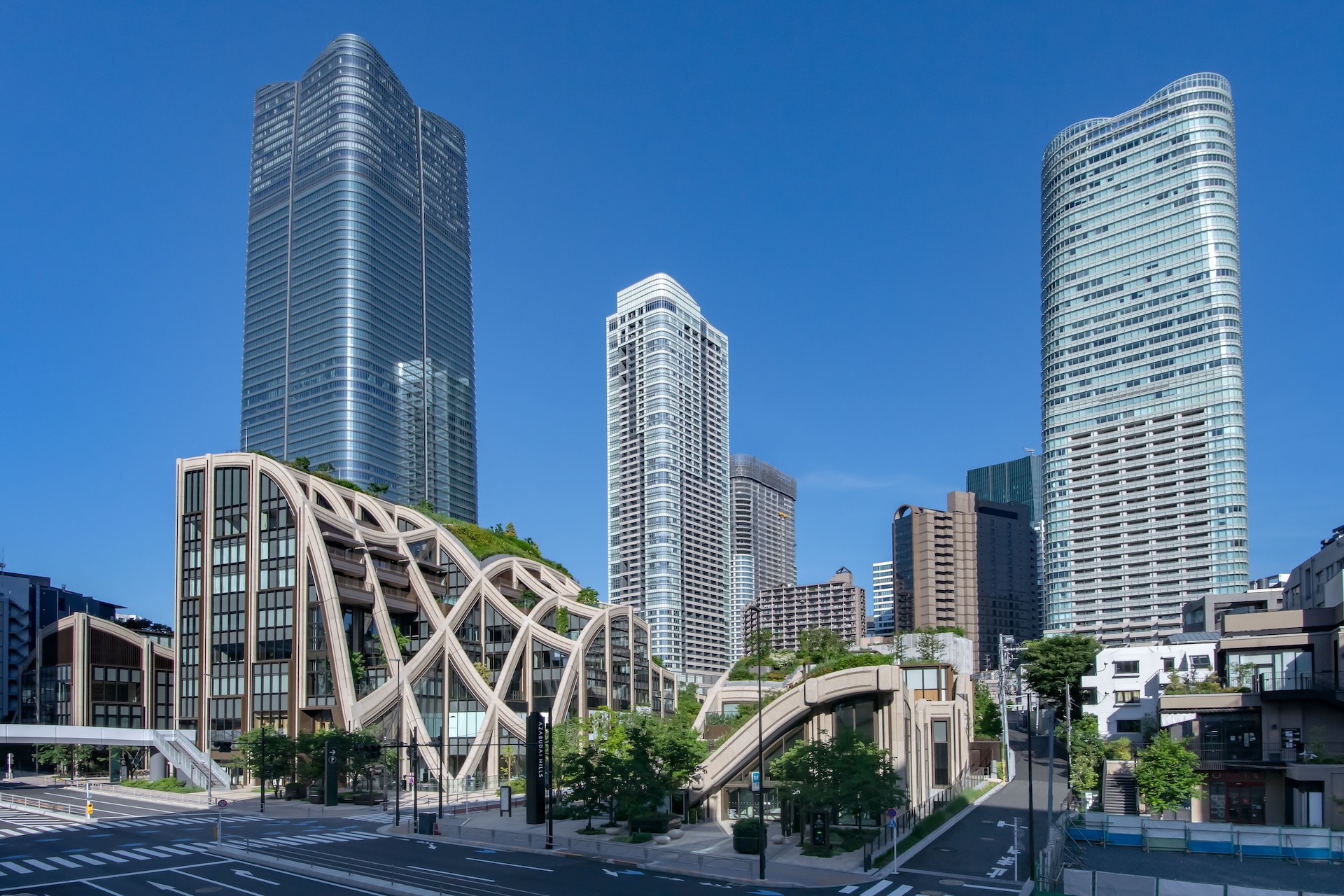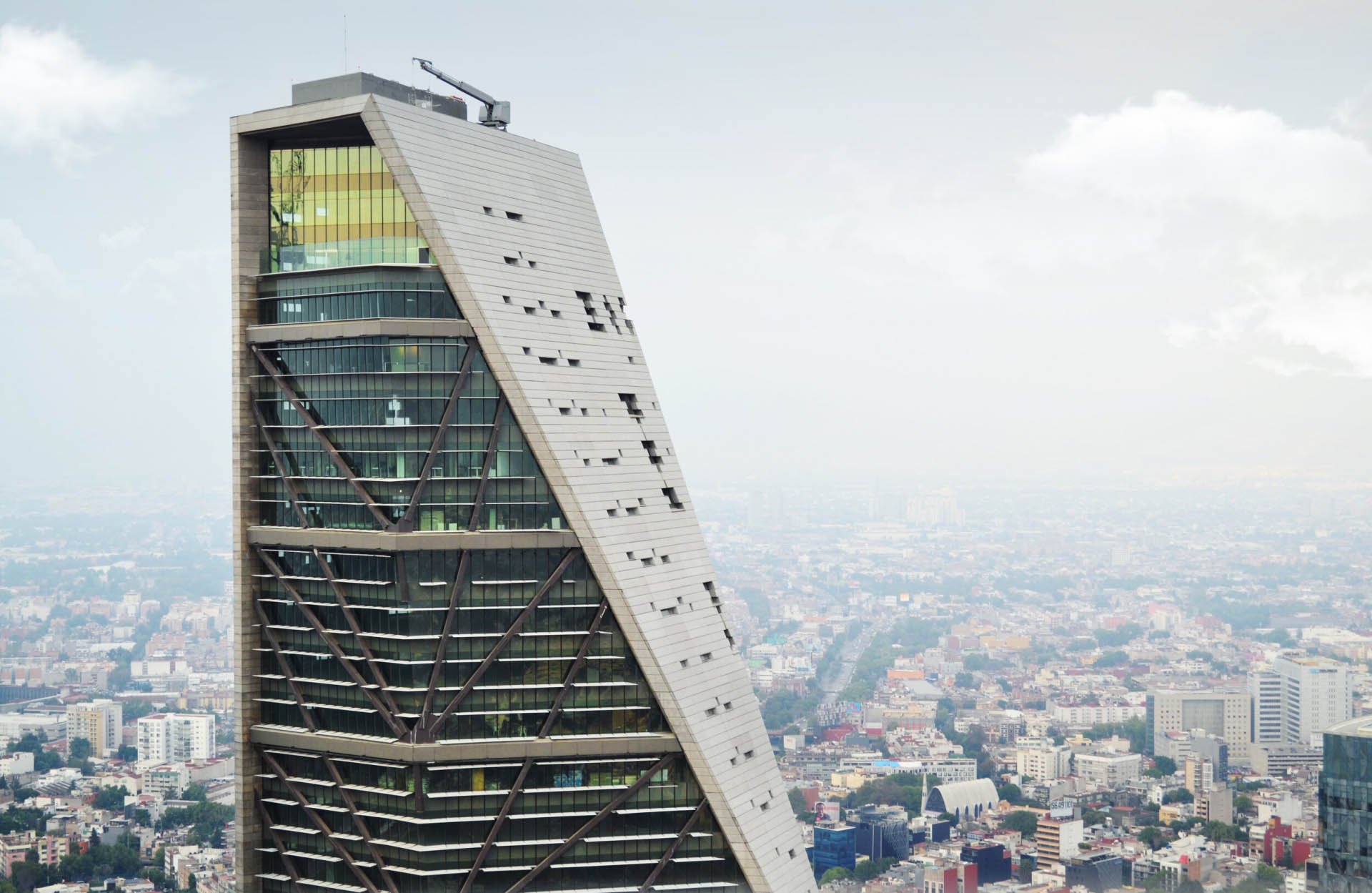 6 min
6 min
What were the main takeaways from last year’s Climate Week?
Helen Clarkson: Last year’s theme was “Getting it Done.” Much of it was about moving into the delivery phase of our call to action. Some incredibly useful conversations happened in the executive series round tables where practitioners came together. So, for me, a lot of what came out of last year’s Climate Week NYC was very practical, the hard bit of climate action. Which is: “doing it” rather than announcements. What are you working on? How are you doing that? How did you overcome this?
The United Nations keeps repeating its distress call: the situation is worsening. We need to move forward faster. What progress have we made, and where should the cursor be?
H. C.: This last year has been incredibly challenging. Last Climate Week NYC felt like the end of the cycle of a lot of progress. But the past year has been quite hard for corporate climate action. Climate has become a kind of culture war issue, particularly in the US and the UK. That hinders progress. That’s why we’ve got the theme “We Can. We Will.” this year.
What message would you like to carry with “We Can. We Will.”?
H. C.: We’ve got the technology; we’ve got the solutions. That’s the “Can” part. The “Will” is about having everyone come together, having that collective voice and determination. Climate Week NYC is all about assembling the troops.
By investing in a green economy to defeat what is probably humankind’s most significant challenge, we can innovate, create jobs, improve our lives, and win together. Can’t we be enthusiastic about this challenge?
H. C.: There is an old cartoon that environmentalists like. Someone is giving a lecture about all the benefits of climate action from cleaner air, energy independence and green jobs, and somebody in the audience asks, “What if we create a better world for no reason?”
All the things you’re saying are right, but climate change tells us the pace at which we need to go needs to be much faster. Look at the weather events this year across the world: it is a continuation of a trend that’s getting worse.
Also read : “The big climate change question is the habitability of the earth”
Is there some good news about the progress made over the last 12 months?
H. C.: Of course. We have seen an election in Australia being won on a positive climate agenda. We have had the Inflation Reduction Act in the United States, and that is pumping loads of money into solutions and has brought forward that job’s agenda. That has triggered more investments. The EU felt that they needed to come out and respond to that as well.
And in Asia?
H. C.: The commitments from Western importing companies and countries are driving change in export markets in Asia. There was just an example of Lego building a new million-dollar manufacturing facility that had to be 100% renewable electricity. They chose Vietnam because it could be 100% renewable. So, they’re putting their climate requirements into the specs, and that’s driving change in Asian economies too.
What about the built environment?
H. C.: Our SteelZero2 campaign has just taken off, after we launched ConcreteZero3 18 months ago, and a few years ago, we wouldn’t be having this conversation because it was just: “We will get there eventually.” To witness all these people from the construction industries talking about the net-zero foundations of buildings and having very technical conversations brings a lot of excitement. To get these companies into the conversation much earlier than people thought makes me feel optimistic.

While joining the conversation, can these heavy industry companies reach the objectives of zero carbon emissions?
H. C.: SteelZero and ConcreteZero are forward commitments of companies saying that by 2050, they want to purchase zero-carbon steel and zero-carbon concrete. Even though that commitment is in the future, it sends a clear signal to the market now. But we know that a lot of innovation is still needed to deliver these commitments by 2050.
Upbeat on the action side, then?
H. C.: It’s the politics around it. That is the most challenging, in the US specifically, because of an anti-ESG4 movement opposing investment in favor of climate and social issues.
There is a big trend in climate optimism to shift the conversation toward what’s happening positively, but you also see what needs to move faster. Where is progress’s slowest part, and how can we go around this?
H. C.: There’s been a big shift in public support for climate action. In the UK, for example, there is around 70% support for building more onshore wind. Things are slow at the macro level: people want environmentally friendly policies, they want renewable energy, they want clean air, they want cleaner cars. But this needs to be translated into action.

What would make this Climate Week 2023 successful?
H. C.: Because Climate Week NYC is in the US, the conversation around ESG can seem to be at the heart of things. But whatever the conversation is, we need to see more determination from companies to tackle that situation and face up to it – not hide from it. We need loud leadership.
Climate Week NYCInitiated by the NGO Climate Group in association with the United Nations General Assembly and the City of New York, Climate Week NYC aims to bring together leaders and actors from the political and business world, the scientific community and civil society among the most influential in this area. From September 17 to 24, they will be debating the theme “We Can. We Will.” through nearly 400 events and performances spread across the five boroughs of NYC.
1 The Climate Group is a British NGO founded in 2003 that brings together leading actors to accelerate the energy transition. It supports the most polluting industries and helps them turn good intentions into concrete, measurable, and publicly announced actions. With offices in London, New York, New Delhi, Amsterdam, and Beijing, it has a network of over 500 multinational companies covering 175 markets. Linked to the initiative, the Under2 coalition gathers more than 260 governments, all committed to achieving net-zero emissions by 2050, representing 1.75 billion people and 50% of the global economy. 2 Organizations that join SteelZero commit to purchasing and using 50% low-emission steel by 2030, paving the way for the use of 100% net-zero steel by 2050. 3 Launched in partnership with the World Green Building Council (GBC) and the World Business Council for Sustainable Development (WBCSD), initially in the UK, the ConcreteZero initiative aims to drive rapid climate action alongside the cement industry, with the goal of achieving carbon-zero concrete by 2050. 4 The international acronym ESG, used in financial circles, refers to Environmental, Social, and Governance criteria. Its purpose is to assess companies’ responsibility in these areas, both towards the environment and towards their employees, customers, subcontractors, and partners.
Photo credits: ©Tashka_iStock, ©Stocksy_Vaidas Bucys, ©climateweeknyc









